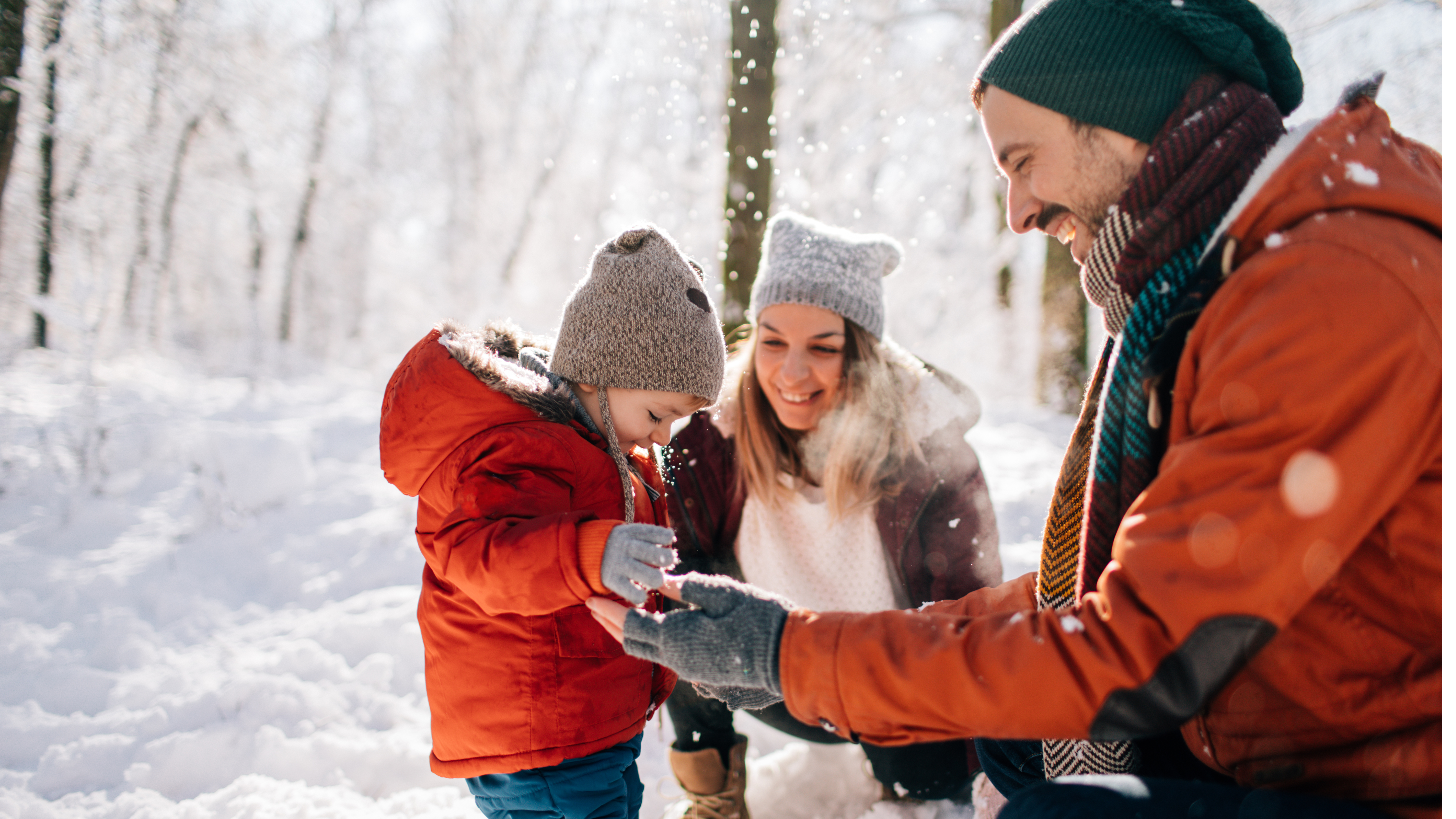Safety tips for winter in northern Nevada

As winter temperatures arrive in northern Nevada, REMSA Health is offering tips to help community members navigate the colder months safely.
Be cautious when shoveling snow
Annually, snow shoveling results in around 100 fatalities and 11,500 injuries and medical emergencies that require an ambulance and a visit to the emergency room. Here are a few tips for safe snow removal
- Warm up: Prepare your body for shoveling by doing some exercise to warm up your muscles. This enables more oxygen to reach your muscles and reduces risk for injury.
- Work on your form: Concentrate on using your leg muscles for lifting, rather than straining your back.
- Heart rate: Cold weather can increase heart rate and blood pressure. Stop immediately and call 9-1-1 if you’re experiencing any signs of a heart attack, which may include:
-chest discomfort with uncomfortable pressure, squeezing, fullness or pain
-pain or discomfort in one or both arms, the back, neck, jaw or stomach
-shortness of breath
-breaking out in a cold sweat, nausea or lightheadedness - Know your blower: Keep hands and feet out of the snow blower. Even if you’ve owned your snow blower for years, it’s best to review the safety manual before operating it.
In case of a minor injury caused by snow shoveling, like a wrist sprain or muscle strain, please contact your doctor or visit an urgent care clinic near you.
Prevent falls in icy weather
Ice can create hazardous walking surfaces, which poses a higher risk of falls for everyone during the winter months, but especially for older adults and if they are taking an anticoagulant it can increase the severity of the fall compared to falling while not taking an anticoagulant. Fall-related ER visits are more common in winter for older adults, according to one study. Here are a few tips to prevent falls:
- Promptly spread deicer after a winter storm to reduce the risk of falls.
- Take short steps and walk at a slower pace.
- Keep your hands free to brace yourself to help prevent severe injuries.
- Wear boots or shoes with rough, slip-resistant soles. Rubber soles are safest.
Know the signs of hypothermia and frostbite
Cold can turn dangerous, resulting in hypothermia or frostbite, especially for people who are at higher risk, including older adults, infants and people who are outside for long periods of time.
These cold-related illnesses can be prevented by dressing in warm layers, gloves, a hat and a scarf before going outside.
Here is what you should know about hypothermia and frostbite:
- Hypothermia symptoms can progress from shivering, loss of coordination and function of the hands, to more severe symptoms including confusion and disorientation, inability to walk or stand, pupils becoming dilated, pulse and breathing becoming slowed, and loss of consciousness.
- Frostbite symptoms may include reddened skin with gray/white patches, numbness in the affected area, the affected area feeling firm or hard, and blisters on the affected part.
- Call 9-1-1 right away if you think someone has warning signs of hypothermia or frostbite.
- While you wait for help to arrive, you can:
-Try to move the person to a warm, dry place.
-Wrap the person in a warm blanket, towel or coat. Even your own body warmth will help by sitting or lying next to them.
-Give the person something warm to drink, but avoid drinks with alcohol or caffeine.
-Do not rub the person’s legs or arms.
-Do not try to warm the person in a bath.
Knowing what to do is an important part of protecting your health and the health of others during the winter season. Taking a first aid course or becoming certified in cardiopulmonary resuscitation (CPR) are excellent ways to ensure you’re prepared. REMSA Health offers community courses to those looking for first aid and CPR education and registration can be completed online.
